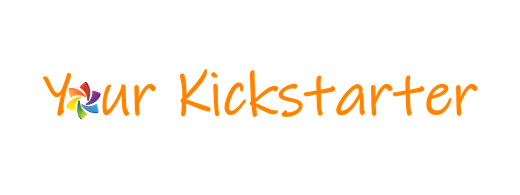The 6 I-Model
The 6 I-Model
Business Scope
From Intention/Idea to Inception/Initiation
- New market development
- Process development
- Teambuilding
- Product development
- Project execution
Requirements for success
- Transparent communication
- Safe environment
- Building based on talent
Intention
Does any of these situations apply to you?
Promotion: you see an oppertunity to enter a new market
You have costumers in a market or field of business that is new to you. You see potential, but you lack time to evaluate the opportunity and to take action.
Product: you see an oppertunity for new ways to add value
Your custumers ask for additional product or solutions to challanges you can not deliver. You see and oppertunity to add value but lack time to evaluate the business potential.
Process: you wish to implement new processes
If your company is to keep growing, you will need to adapt. However, implementing new processes requires time and dedication. Your staff needs to be taught and the process ingrained, but you lack time to do that.
People: you wish to improve your staff’s team spirit
You would like to see that 2 different departments, or a group of individuals, work more closely together. You know why it should work, but you lack the time for proper team building.
Project: you wish to organise an event
You have an event or a 1-time activity that needs organising. But you have no-one to take on the task.
In this first stage of the 6I-model, we will define the case, decide on the milestones and agree on the type of collaboration. This exploration will lead to a clear overview of the investments and the timelines involved.
Inventory
The second stage will be spent developing a better understanding of the playing field.
- Who are your stakeholders?
- Who do we know already and who do we want to meet?
- How can we come into contact with them?
- What data is available internally and on the internet?
- What have you done in the past?
- How did this work out?
This information does not need to be exhaustive. It needs to be enough to understand the field you are in and how to make the most of the opportunity you identified.
Interaction
In the third stage, we will get in touch with your stakeholders. They will reflect, evaluate and test your idea. We will also speak with potential partners, potential customers, regulators, and so on.
- Are the assumptions we made correct?
- How significant is the potential?
- Who are the key players and the decision-makers?
- What is the investment in time and money?
- Who could be our partners?
- What is essential to make this opportunity a success?
By discussing our plans with other parties, we will be able to predict how your idea will be received. We will also develop a better grasp of the limitations and the hurdles we will have to take.
Inference
The fourth stage is an important milestone. We will combine all the information we have gathered and conclude whether or not your idea is feasible. We will also create a crystal-clear focus, determine which steps to take and identify quick wins.
This stage will be concluded with a tangible plan to convince internal stakeholders and to set into motion the steps to initiate your project.






